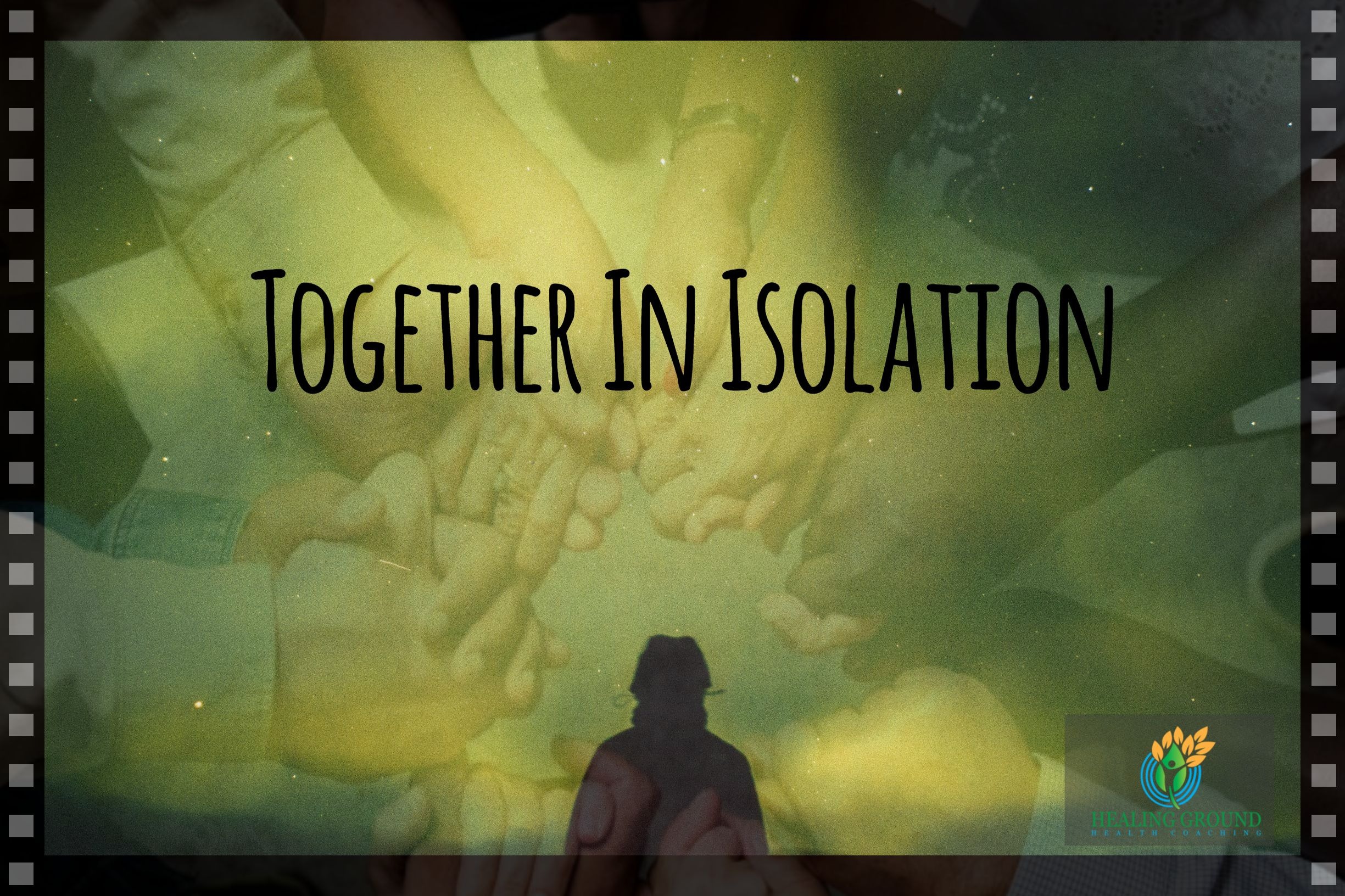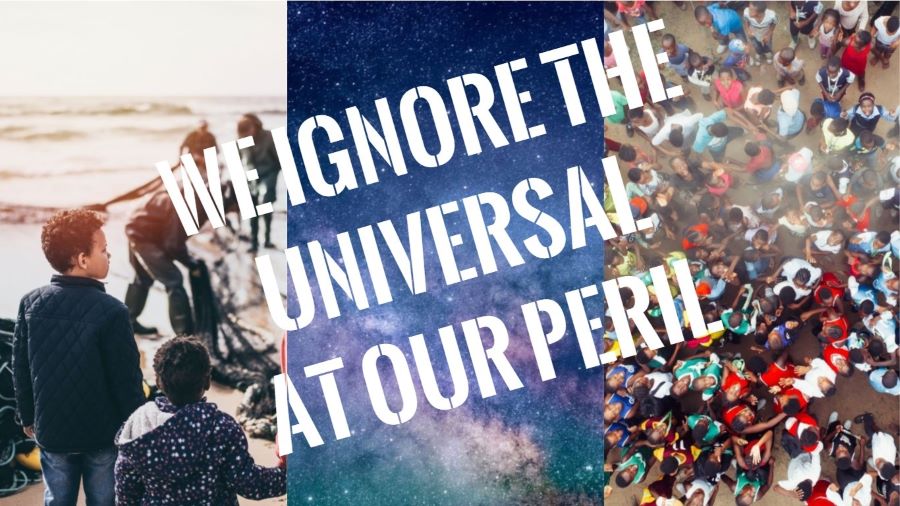It’s happened. Suddenly we’re thrust into a world where reality will prevail. A world where our human arrogance doesn’t just “not help” but actually makes things more challenging. The pandemic predicted for a long time by smart and thoughtful epidemiologists is upon us.
Yesterday my writings on this amounted an epic rant —proof that despite all my efforts at mindfulness, living in the present, finding grace, and generally trying to be a good person, I still get angry—or in some situations–really pissed-off. You can read it (or not) for a laugh or for reassurance that, yes, nothing about this situation is easy and the anger you’re feeling right now is felt by many, many people, and we all just get pissed-off sometimes.
After said epic rant, while walking at the gym, one of my favorite songs ran on my play list—it described my state well. I had to just laugh: “Make Me Wanna Holler—throw up both my hands” (Inner City Blues). [https://youtu.be/p_PxgSQ9Vf4]
Then I read an excellent analysis of the pandemic and found all my opinions validated but handled in a much more rational and comprehensive manner. I slowly I started to feel less angry. Maybe my desire to be “right” trumped (I mean this as a verb, not the person!!) my need to be angry. Or maybe getting real, truthful information, delivered without a political agenda soothed my soul. Whatever the case, I have gratitude for my change of temperament. I awoke this morning not feeling angry.
Then again, maybe my work with Vedic and Buddhist principles of well-being helped me calm down. These principles tell me that anger is a totally natural reaction to situations of the human condition. We’re human, after all, and anger is real. However, these teachings also encourage me to not get attached to my anger. By attaching to my anger, I get paralyzed and sink deeper and deeper into despair and fear.
Opposites don’t attract (in this case)
The tough question is: How do I manage to break my attachment to anger? The Vedic/Buddhist principles tell me that applying the opposite force reduces the affects of that force. This explains how reading thoughtful and informed views of our situation calmed me down. Woa! The circle is complete (and a little profound)! “Stupid” and “unformed” makes me angry (always has) so maybe applying “smart” and “informed” opposed the anger and I started to feel better.
This makes me think I generally need to dig deeper to figure out what forces are really making me angry. I think that if I catch the these forces before the anger becomes manifest and is running wild in my system, I’ll prevent myself from spreading toxic energy to others, not unlike the behavior of Covid 19. And that is one way I can serve the universal body and promote well-being. Whew! What a difference a little focus, attention, and awareness makes.
So, what now?
My suggestion is for all of us is to stay informed about the spread of the virus and follow the recommendations from the experts. I know the truth is often difficult to hear but it is the only antidote for lies. This set of videos from (of all people) Joe Rogan, featuring Mike Osterholm, a world renowned expert on infectious diseases from the University of Minnesota, is a great place to start becoming informed. (Go to the link and youtube will show you the other portions of the interview to watch). Let’s try to stay away from uninformed, stupid, nasty, xenophobic, and hateful energy around this virus. It only feeds hate and hate feeds anger and anger feeds fear and fear feeds pandemics like nobody’s business.
Shift in perspective
As I wrestled with my own “next steps” in the current climate, I have decided to shift my health coaching delivery from an emphasis on “in person” to an emphasis on “online” sessions. This runs counter to many of my fundamental beliefs about health coaching. I think there is no substitute for in-person interactions. However, I need to keep the HEALTH in health coaching. I, as do we all, have a fundamental responsibility to encourage our population to “socially isolate.” I wish we had a better term for this—it sounds so horrible. Any suggestions? I’m serious…if you have suggestions for a better term please comment below!
I believe, we can turn this concept of social isolation into something good and positive in our lives. We can commit to having meaningful interaction via electronic options, send positive energy into the world, and use the time to delve deeper into our real “selves” and explore areas in our lives we have been ignoring. And, on a personal note, now I will be forced to become more comfortable with online coaching delivery. I’m mortified to think it took a pandemic to move me in this direction, but I’m just doing my best.
An experiment
To that end, I’m moving our next Kindred Spirits gathering from in-person to online. The gathering is scheduled for March 26, just as this virus will spreading exponentially in the Midwest. It would be silly (and irresponsible) to hold an in-person gathering at that time. Hosting an online event will be a new experience for me and I feel a little bit of excitement around this experiment. (I’ve produced a lot of webcasts for others but have never actually been in front of the mic. I guess it’s time—yikes!).
And, as an added bonus, this experiment will allow people from outside the immediate area and those who aren’t prepared to drive to participate. Who knows what may come about? Ultimately I hope we will be contributing to building a healthier world. Please consider attending.
In keeping with the times, the topic will be Living with Uncertainty. As I move forward with this I’ll post details. If you receive emails from me, then you are on my email list and I’ll use this to keep you informed. If you don’t receive my emails, please sign onto my mailing list (below at the very bottom of the screen) or email me at info@healing-ground.com to receive updates.
I look forward to facing these new challenges together. I have no idea what to expect—some things are just outside of my control and Covid19 is one of those things. I encourage all of us to stay connected, informed, aware, and most importantly to resist the forces of hate. Let’s do this together as the universal body that we are!




